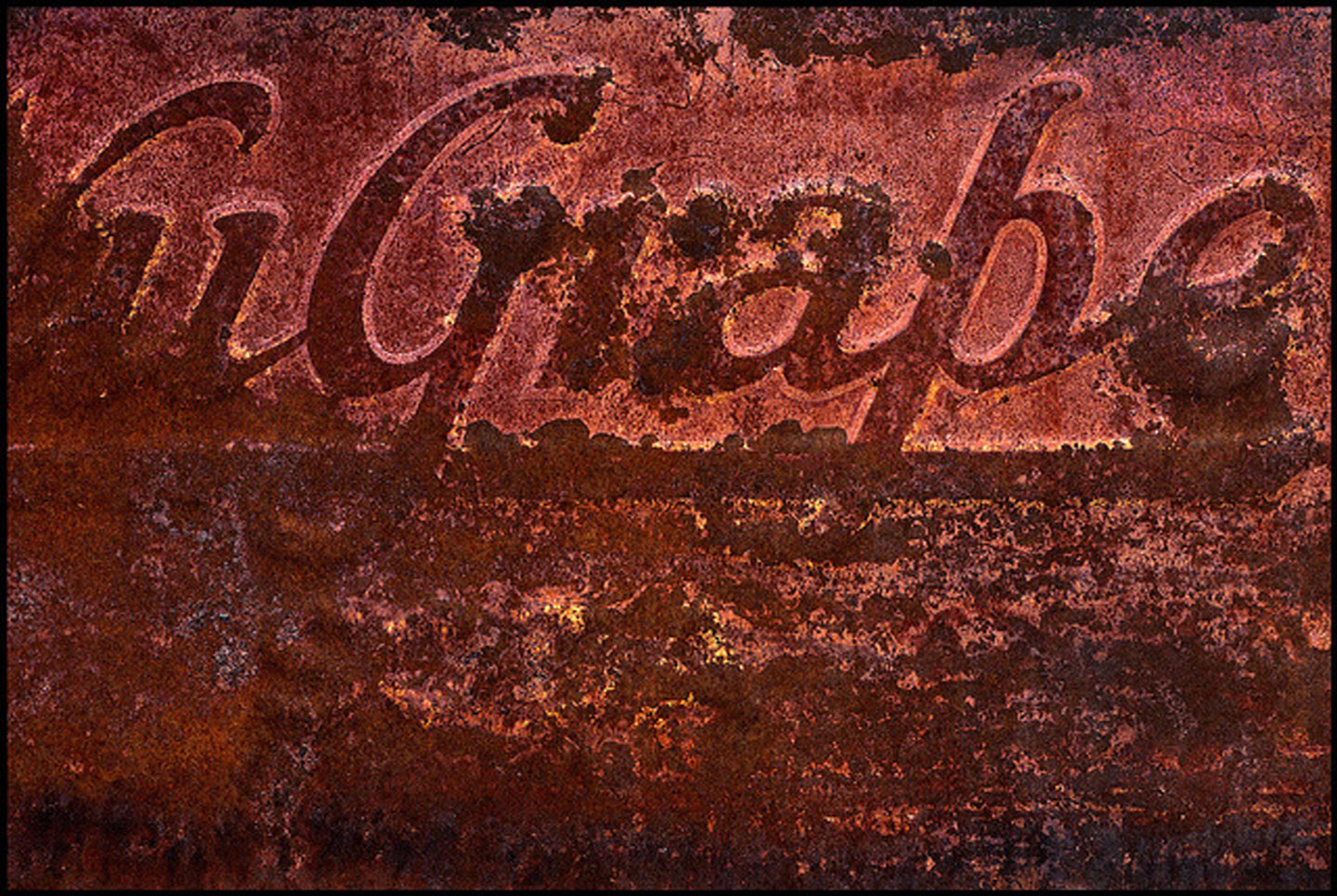by Charles Carreon
April 25, 2014
I don’t know who Steve Jobs really was, because he is so wrapped in myth and lore and legend that his true identity is as undiscoverable as my own, hidden beneath a mass of casual obloquy. I have no desire to concretize my view of him at all, because he was who he was, and he’s on to other adventures now. But we are all still here, and part of our social duty as people who care is to watch movies like “Jobs,” so we have some idea of what our fellow humans are marinating their brains in.
The Jobs projected by the movie cloaks him in the aura of a medieval zealot who, like Saint Francis in Zeffirelli’s classic sacred biopic, “Brother Sun, Sister Moon,” has a visionary experience in a meadow and never looks back. The movie scores nostalgia points by having Steve drop blotter acid to illuminate this vision, presumably of a pristine realm where everything works just the way he wants it to, which makes him smile and do a deadhead dance in the field, so we are assured that whatever flowed from this vision, the source was pure. Tormented by visions that force him to cut family ties as ruthlessly as St. Augustine swearing off whoring, St. Jobs leaves behind family and worldly attachments to pursue the Holy Quest: computers that reflect and extend the user’s personality.
St. Jobs doesn’t have co-workers or partners, he has disciples, adherents, devotees, supplicants, and almost no intellectual peers. Only Steve Wozniak, the man whose geek mind is shown giving form to Jobs’ early vision of a truly “personal” computer, is anything more than a minor figure. Jobs dwarfs every other character, like Pharaoh in an Egyptian tomb painting, surrounded by tiny attendants.
Okay, so what’s wrong with this picture? Aren’t titans properly depicted as titanic? Didn’t Jobs, as Iggy Pop said in his stirring anthem, Cry For Love, “seize the world and shake it upside down?” Isn’t that what we venerate, adore, in this age of disruptive technologies that send mortals with mere five-figure incomes scurrying for shelter from one disappearing employment niche to the next?
Well first, I don’t think that Jobs’ introduction of the machines that would mature into the eyes and ears of the NSA peeping into every corner of our lives was what Iggy had in mind when he talked about shaking up the world. The full line goes:
“Status seekers, I never cared,
Once I found out they never dared
To seize the world and shake it upside down,
And every stinking bum should wear a crown….”
It’s the line about the bum that clues me in, because St. Jobs shows no interest in bums, and when it comes to passing out crowns, the instinct to basic human warmth is alien to him. Crowns were given only to worthy disciples, and just because you worked in the garage with Woz and Steve to build the first batch of circuit boards did not mean that you had earned a crown. Not surprisingly, St. Jobs pays a stiff toll at home, where he’s shown with a stylish, controlled blonde playing the role of sensitive supporter, while the daughter he spurned, claiming against the evidence of a DNA test that she was the child of a stranger, does not respond warmly when he has a change of heart, and admits her to his life.
No, St. Jobs was not a nice guy. Charismatic, driven, a skilled motivator — check, check, check. But nice, never. Oh, your back will straighten when you hear him pitch into another product design manifesto, alta voce in the face of a hapless Apple engineer, as he throws another errant disciple overboard in a meaningful rage. You can’t help it. The man was a saint who brought the new dispensation — Electronic Identity. It’s better than regular identity, which has hobbled us for the entirety of human history, forcing us to actually be the person that everyone looks at. Now, we can all be who we want to be, as long as we don’t mind being nobody in particular, just another mob member jostling electronic elbows with the digital equivalent of humanity.
If you hear the Gospel of St. Jobs, it sounds something like this: “Transform yourself with the passion of creativity, and transform your world with clever inventions that give people exactly what they want. Find out what they want by asking yourself what you want — market research is unnecessary — all truths about the relationship between people and their devices is discoverable through introspection and observation. If you are unable to generate your own creative vision, harness yourself to a visionary and serve them with unswerving dedication. Your reward will be that you leave your impress on human history, making it possible for people to do and be what they never otherwise could have been.”
Did I give the Saint’s doctrine a fair shake, or what? Sounds like a commencement address to me. But I hear another message, far more sinister, oozing between the lines: “Listen here, you fucking idiots, snap out of your comfortable wage-earning rut and give me the fucking creativity you said you had when we hired you! We’re not here to play solitaire and collect income from past achievements. We need overnight marches on starvation rations to fight this market war, because our adversaries aren’t sleeping. And if you think you can find an easier paycheck to hustle across the street, watch the hell out, because they’re my friends, they kiss my ass, and you will not get far with the target I’ll paste on your back as you walk out the door.”
Gee, where’d I get that last part? That’s not in the movie. No, that was in today’s paper, New York Times, Business Section, page one, April 25, 2014, in an article entitled “Tech Giants Settle Antitrust Hiring Suit.” The settling giants were Google, Apple, Adobe and Intel, and their crime was said to have saved them jointly about $9 Billion in wages they would have had to pay their engineers if they hadn’t all agreed not to hire each other’s engineers:
Four of the largest technology companies tentatively settled on Thursday a class action brought by 64,000 of their engineers, who accused them of agreeing not to solicit one another’s employees [and] depicted the upper levels of the valley’s executive suites as a cozy old boys’ network. *** Steven P. Jobs, the Apple co-founder, was portrayed in court papers as something of a bully, a man who would go nuclear when a competitor solicited his engineers. “If you hire a single one of these people, that means war,” Mr. Jobs warned Google in an email that became public.
That’s the sort of stuff that never even gets into the script of a movie like Jobs. All the high-flown language sounds pretty bogus when you treat people like slaves, then gyp them out of a free market in their own labor with nothing more than a few choice words among friends at a local Palo Alto bistro. St. Jobs’ true labor practices are not open to inspection, much less criticism. Of course, you wouldn’t expect the platoons of lawfirms defending Apple in the abundant litigation it has pending, to allow a movie to be made filled with juicy admissions. But really, it would have ruined the movie to get into this stuff, because you can’t have St. Jobs committing, not only a major capitalist sin, but a big, fat felony that doesn’t involve cool retro drugs:
Every contract, combination in the form of trust or otherwise, or conspiracy, in restraint of trade or commerce among the several States, or with foreign nations, is declared to be illegal. Every person who shall make any contract or engage in any combination or conspiracy hereby declared to be illegal shall be deemed guilty of a felony, and, on conviction thereof, shall be punished by fine not exceeding $100,000,000 if a corporation, or, if any other person, $1,000,000, or by imprisonment not exceeding 10 years, or by both said punishments, in the discretion of the court.
15 U.S.C. § 1, the Sherman Antitrust Act Section 1.
St. Jobs, in his zeal to spread the Gospel of Consumer Wish-Fulfillment, had a tendency to get involved in these restraints of trade, and in that he was a lot like John D. Rockefeller. The U.S. Dept. of Justice charged that John D. “entered into agreements with, various persons, firms, corporations, and limited partnerships … for the purpose of fixing the price of crude and refined oil ….” The movie wouldn’t want anyone to draw that connection, so it didn’t include any information about how St. Jobs designed an eBook price fixing scheme by making the Apple iTunes Store the “hub” of a “hub and spoke” conspiracy in which Penguin Books and five other publishers served as the “spokes,” coordinating their eBook prices at the $12.99 and $14.99 level, thus forcing Amazon to raise the price of eBooks from $9.99 to $12.99. The U.S. Department of Justice sued Apple and its spokes, and they all settled. The DOJ subpoenaed Jobs’ biographer Walter Isaacson’s notes, but he moved to quash the subpoena and didn’t have to turn them over, so we don’t know what Jobs told Isaacson about the conspiracy, but as Bob Dylan said, you don’t need a weathervane to know which way the wind blows.
Thinking about how John D. Rockefeller is so often vilified for his price-fixing efforts, I think the man just needs some posthumous image rehabilitation. His actions could easily be justified on the grounds that he was enforcing order in a wild industry, strengthening the market by buying out weak competitors, and standardizing the product so Henry Ford’s automobiles could count on a source of reliable gasoline. I guess the art of PR spin was only in its early stages of development back then, when writers still had ink stains on their fingers.
In the same issue of the New York Times where I found the article about Jobs fixing the price of engineering jobs, I noticed a couple of letters remarked on how the canonization of Pope John Paul II required some planned forgetting, since the dead prelate’s signal achievement was enabling the continuation and concealment of the little-boy-and-girl-raping project that the Church funded, and whose perpetrators it protected from criminal prosecution. In the same way, St. Jobs is exempted from scrutiny. He couldn’t have been an exploiter of the labor and creativity of others, even though we know that Apple iPhone manufacturing has been accomplished on the backs of Chinese workers in sweatshops whose prices and wages were bid down to starvation levels by Apple negotiators. We can’t present that information in a sacred biopic of a man about to be lofted into the Valhalla of consumer product design.
When you look at the big picture, the canonization of St. Jobs is merely the consumer electronics industry blowing smoke up its own parking-lot-sized ass with the aid of a wind tunnel of business pep-talks driven by a musical score that swells with emotion at all the right moments. When you’ve got the world by the balls, don’t let go. If anyone knows the necessity of creating and maintaining spin, it’s the Popes of Silicon Valley, whose shit doesn’t stink because they play with wires and lights, they sit in cool places, they’re chill and hip, and they’ve got more money than God. We, the people who want a piece of the action big enough to cover a roof, a bed, a car, three square meals and the weekend off, must know that worshipping at the Temple of Consumer Satisfaction brings Fulfillment to the Product Users as well as the Product Creators. Amen, say the hungry masses, and where do we sign?


